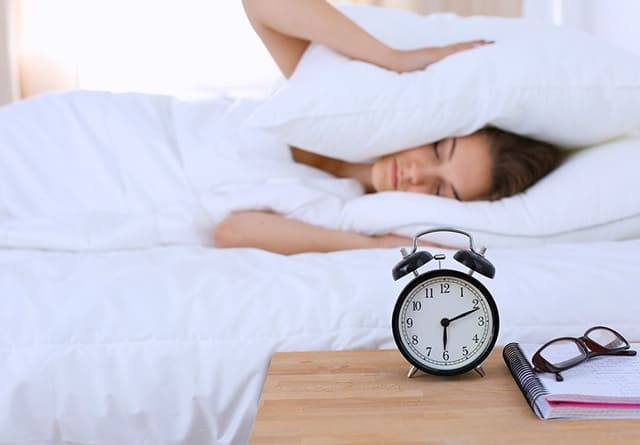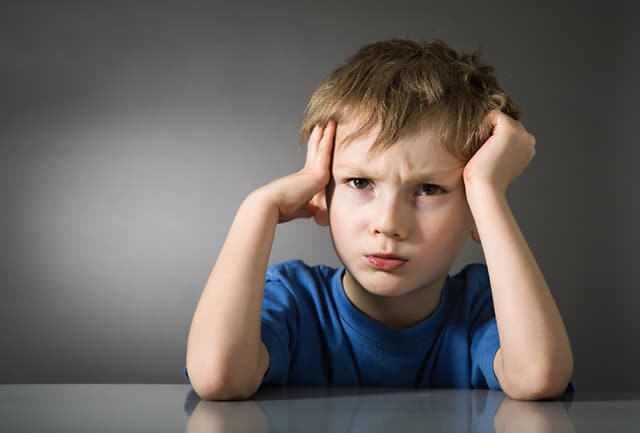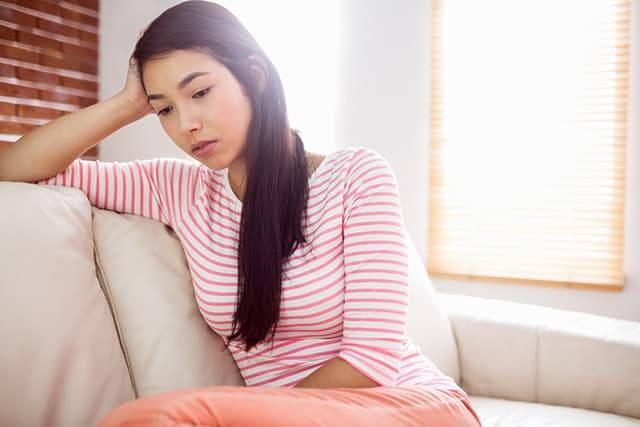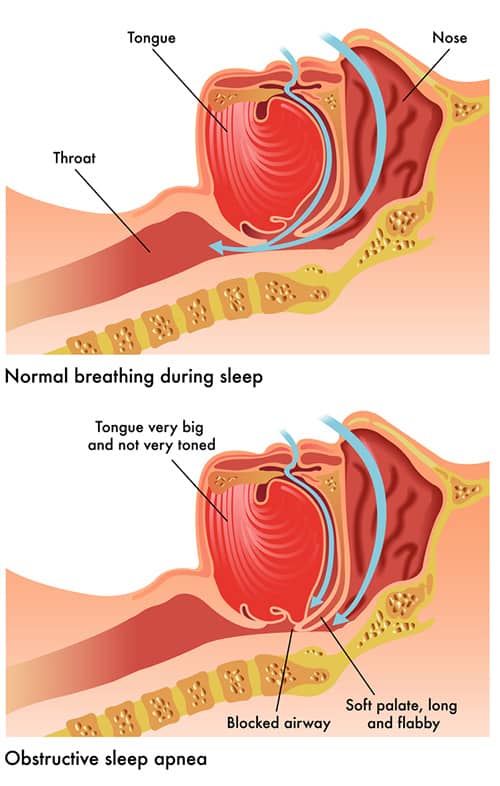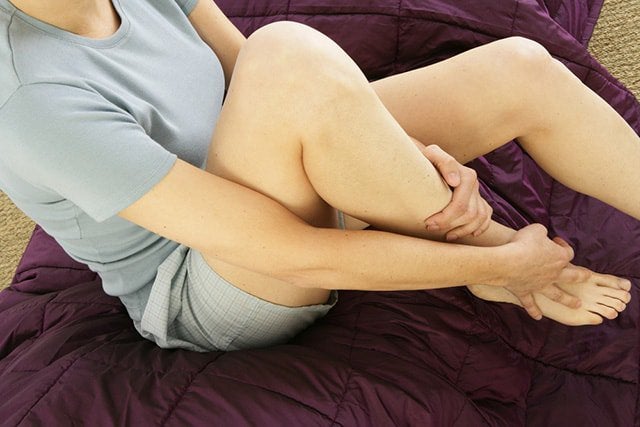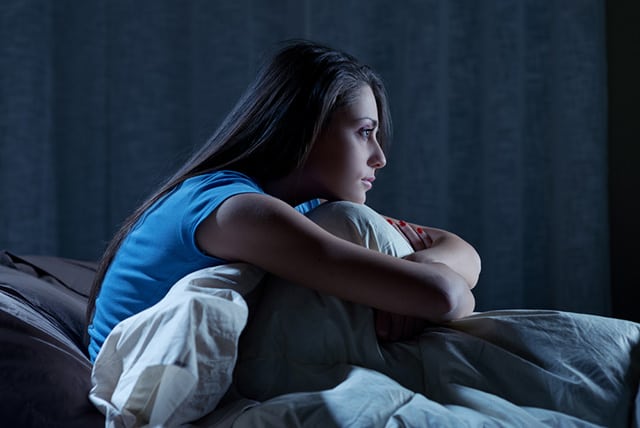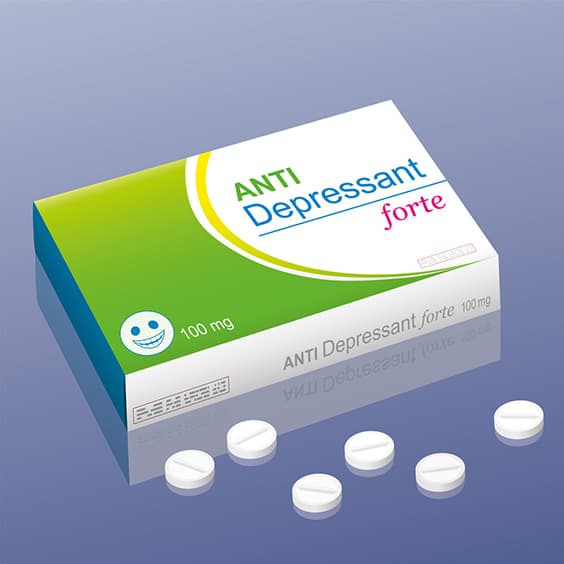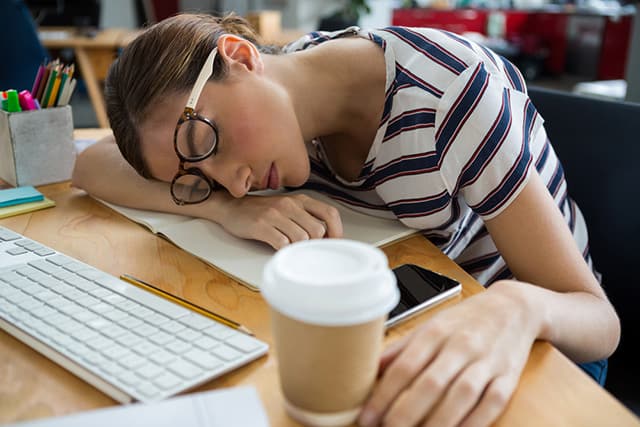We all feel a little sad sometimes, but when it’s excessive, there’s a problem. Depression is one of the most common mental disorders in the United States. It is suggested that it’s caused by the combination of biological, environmental, genetic, and psychological factors in and around us. It can happen at any time and can occur with other serious medical conditions.
There’s another link lingering as well and it can be a very dangerous combination. The relationship between depression and sleeplessness is rather complex in that depression can cause sleeplessness and sleeplessness can cause depression. Figuring out which one is causing which can be a chore in itself. However, if you already know that you aren’t getting enough REM sleep, here’s how it’s affecting you and your mood.
Why Is Sleep So Important?
You may think that getting a quick snooze, such as 4-5 hours per night, is good enough for you to be rested for the next day. Unfortunately, that’s not enough. You need at least 7-9 hours of sleep if you’re an adult between the ages of 26-64 years old. Chronic sleep deficiency can increase your risk for other ongoing health issues. It can also have an effect on the way you think, learn, work, react, and how you socialize.
• How Your Brain Functions
How well your brain works depends on how well your brain works. As you’re sleeping, your brain is forming pathways to help you remember and learn new information. A good night’s sleep helps you improve learning, according to studies. No matter what you’re learning, whether it be how to drive, how to play a sport, studying for a test, etc., a good night’s sleep can help you better remember how to do so. Not only that, but sleep also improves your ability to make decisions, pay better attention and be more creative.
If you are sleep deprived, you might have some kind of issue with problem solving, decision making, controlling your behavior and emotions, coping with change and it can lead to a handful or more of problems. Here’s a true story about sleep deprivation and emotions.
My son is eight years old and doesn’t sleep very well due to some other medical conditions. When he takes his medication for sleep, he’s perfectly fine in the morning, but when he gives me an issue about his medications and doesn’t take them, he wakes up and his emotions are all over the place after not sleeping through the night. Granted, a lot of kids can go through this, but his is a chronic condition and he does now suffer from depression because of his insomnia, which brings me to my next example.
• Emotional Well-Being
My son has a huge problem getting along with others, which is a sign of sleep deficiency in children and teenagers. They may also feel impulsive, angry, may have mood swings. They may also experience depression, sadness and lack motivation. Not only that, but they could lack any kind of motivational skills and have issues paying attention, which can lead to getting lower grades.
• Physical Health
Sleep is oh-so-important in your life because it has a major impact on your physical health. While you’re sleeping, your heart and blood vessels repair themselves. Sleep deprived people are more likely to have an increased risk of heart disease, high blood pressure, diabetes, stroke, and kidney disease. Those who are deprived of sleep also have an increased risk of obesity, off-balanced hormones, higher than normal blood sugar levels, stunted growth and development, and a poor immune system.
Sleep is definitely important to our health and bodies, but when we aren’t getting enough of it, it can lead a wide variety of mental health issues, one of them being depression. Depression is a very common, but serious mood disorder.
Sleep Deprivation and Depression
Studies have shown that those who suffer from insomnia have a higher risk of developing some form of depression compared to those who get the recommended amount of sleep for their age bracket. Those who are depressed may suffer from a variety of insomnia symptoms which include:
- Daytime sleepiness
- Feeling unrefreshed after sleep
- Difficulty falling and staying asleep
- Irritability
- Depression Anxiety
- Increased errors in judgement
- Accidents
- Continuous worries about sleep
- Inability to focus or pay attention
• Obstructive Sleep Apnea
Obstructive sleep apnea is another chronic sleep illness that can cause depression. A study done in Europeconsisting of 18.980 people with depression, were found to be five times more likely to suffer from obstructive sleep apnea. Luckily, this can be treated simply by with the use of a CPAP. This was successfully done for one year and improvements in the symptoms of depression were shown.
• Restless Leg Syndrome
I can personally attest to this obnoxious nighttime nuisance. Each time I was pregnant, I developed restless leg syndrome. It’s a condition that is also associated with depression. It’s said by the Restless Leg Syndrome Foundation that approximately 40% of people who have RLS complain of symptoms relating to those of depression. Each time I had this disorder, I was certainly depressed or showing some kind of sign of depression because I wasn’t getting adequate amounts of sleep each night.
See related article: Sleep Tips and Bedding Guide for Restless Leg Syndrome
• Aging
Aging is enough to make a person become depressed, whether it’s turning 30, 40, 50, 60 and so on. I’m about to turn 30 and it’s already making me cringe. However, it’s not always about the age that can make a person tired.
– Changes In Sleep Patterns: As you age, sleep patterns often become less restful. Noises around you are probably more likely to wake you up and your internal clock will advance. This means that you’ll probably wake up earlier and go to bed earlier. Adults between the ages of 26-64 need 7-9 hours of sleep and adults 65+ need 7-8 hours of sleep to properly function.
– Health Changes: As you age, arthritis and back pain as well as depression and anxiety can interfere with sleep. However, if your arthritis is keeping you awake, it’s a good possibility that the lack of sleep may be causing the depression. It’s not really clear which is causing which until more studies are done. Some other issues that can keep you awake with aging could be bladder problems, prostate issues, sleep apnea and restless leg syndrome.
– Medications: The older you get, the more likely it is that you’re going to need prescription medications that younger people do, unless you’re in really good health. The more medications you’re on, the higher risk of insomnia you’ll have.
Depression
I’ve talked a lot about how sleep can cause depression, but what is depression exactly and how bad can it be? I can give you a first hand experience as to what it is. Depression is the feeling of worthlessness. It’s the feeling of not being good enough, not feeling anything, not being able to get out of bed in the morning because you just don’t feel like the world wants you to. It’s the loss of interest in everything you once loved to do, all the people you loved to hang out with, loss of interest in playing with your kids. It’s the inability to close your eyes at night, just staring at the ceiling, questioning your every decision in life. It may also be the urge to sleep for extended periods of time throughout the day without even thinking about it or caring.
I’ve gone through all of this and to be completely honest, it’s scary. My appetite changed, I dropped 60 pounds because I wasn’t eating or sleeping. I ended up developing a severe anxiety disorder that required medication, all because of my depression and lack of sleep. I really urge any of you who are reading this and have signs of depression or insomnia, to please talk to your doctor. It’s nothing to mess around with.
One type of depression that is very common, in which sleep can cause it, is postpartum depression. Let’s check that one out, shall we?
• Postpartum Depression And Sleep Deprivation
Sleep deprivation is tough enough as it is on a person, but it only gets worse in a mother who has just had a baby. It lowers a mother’s ability to care for her baby because her concentration and judgment and concentration are inhibited. Not only that, but mothers can unknowingly reduce their child’s sleep quality because they adapt to the circadian sleep rhythm of the mother.
A study published in the Journal of Obstetric, Gynecologic, & Neonatal Nursing shows that the symptoms of depression symptoms worsen in postpartum patients when their sleep quality declines. These women spend 20 percent more of their day awake than average during the first six weeks after childbirth. Sleep deprivation is one of the most common side effects of post-birth, making severe depression one of the most serious side effects of this.
You can help maintain a healthy sleep schedule by doing the following:
- Sleep when your baby sleeps-I know, it sounds farfetched, but it works. The second your baby falls asleep, try to lay your head on a comfy pillow or bed and drift off for a few hours or even just 15 minutes.
- Communication is key-Make sure to communicate your needs to your family and partner. Try to get a good schedule going between everybody so that you can rest while your partner or older children are with the baby. Maybe even involve a grandparent if you have to.
- Set priorities-It’s okay to take some time off. If you’re too tired to do work around the house, don’t do it. If you need help, it’s okay to ask a friend or family. It’s also perfectly okay to let the dishes or laundry sit for another day to allow yourself to catch up on some sleep.
Drugs For Depression And Sleep
Hypersomnia can be one of the tell-tale signs of depression and this is characterized by oversleeping. So now we have insomnia and hypersomnia that can both cause depression, so how do we treat this? First, we have to treat the depression and this is generally treated with a combination of psychotherapy and medication.
Psychotherapy
Psychotherapy can help you work through whatever problems are causing your depression and sleeplessness. This is done by talking to a licensed psychologist. They help people of all ages live healthier, happier, and more productive lives. They can take one or multiple approaches to therapy including:
- Cognitive-behavioral therapy
- Interpersonal
- Humanistic
- Integrative
- Psychoanalysis & psychodynamic
Medication
Medications seem to be the quicker route to decrease your symptoms while the psychotherapy treatment helps with the coping strategies to prevent future symptoms of depression. A medication may be prescribed to you to help you sleep, such as an SSRI, which is a selective serotonin reuptake inhibitor. You may also be prescribed an antidepressant such as an SNRI or serotonin and norepinephrine reuptake inhibitor. Other options for more severe cases may be tricyclic antidepressants, sedating antidepressants and hypnotics.
Natural Techniques
Rather than pumping your body full of medications or if your doctor doesn’t think your case is too severe for prescriptions, there are plenty of alternative options for you to try such as:
Deep breathing techniques
Limiting caffeine, alcohol, or nicotine at night
Using the bed only for sleep and sex
Avoid naps during the day
Exercise no later than a few hours before bed
Clear your head by making a list on paper
Conclusion
As you can see, there’s a solid link between sleep and depression. There’s also a link between depression and sleep. There are also a lot of things that you can do to help the issue. You can quickly recognize the symptoms and get help as needed. Don’t be afraid to ask somebody for assistance or for their opinion. It’s always best to consult with a doctor before you make any drastic decisions regarding your life or medications. I hope that this article has helped you in some way. Please feel free to share this with anybody you know that might find this useful.
